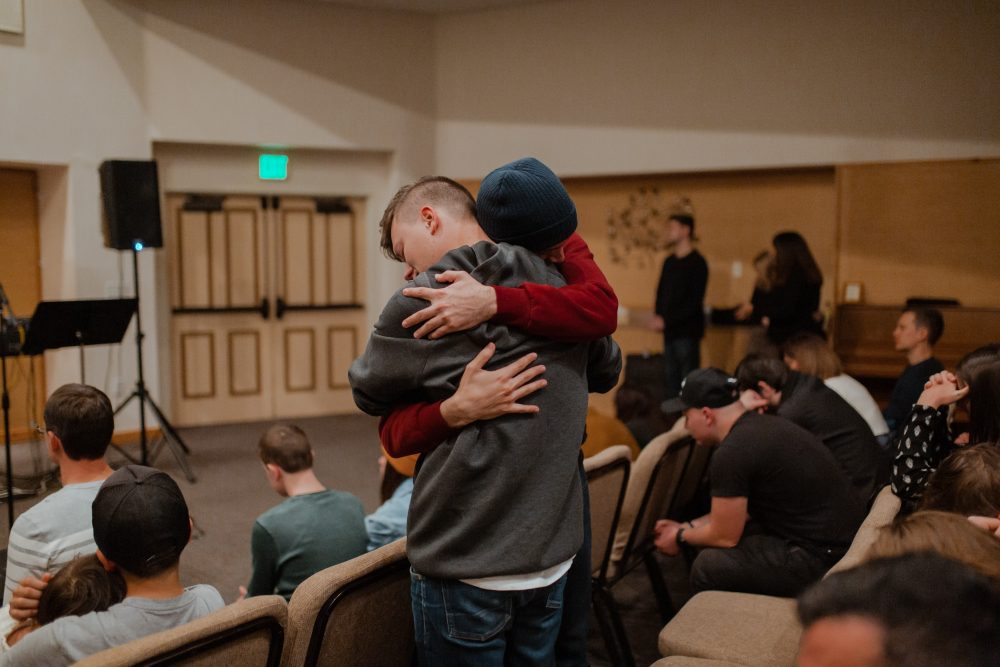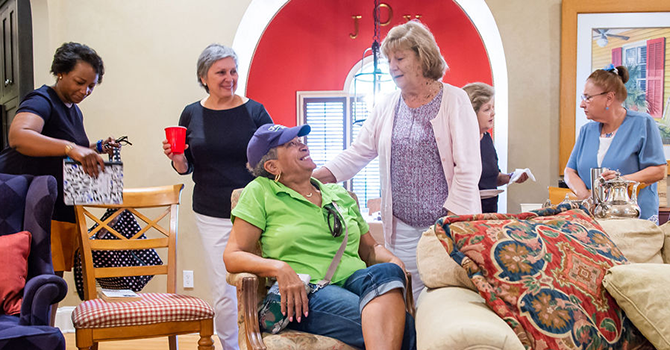
One of the early Christians’ distinguishing characteristics was their care for one another. The first disciples did more than offer each other social niceties and superficial piety. Their affection was not restricted to the borders of biological family. These early Christians reoriented their lives to demonstrate genuine interest in each other’s wellbeing. The New Testament describes a people who worked to ensure everyone in the community had adequate food and shelter (Acts 2:45; 4:34), personal support (Philippians 2:25) and financial resources (Philippians 4:18).
In an increasingly post-Christian world, some might argue that the church should put all its energy in connecting with those outside the community. But does this external focus need to be at the expense of meeting the pastoral and priestly obligations within the Christian community? Can’t we be missional and priestly at the same time? Besides, the way that we care for one another within the church might even offer a profound witness to those outside the church.
Today, the demands of modern life stretch us and our people more than most of us want to admit. The call to lead a community to care for its members remains a vital part of faithful Christian ministry. For example, as more adults find themselves caring for their aging parents, who in the church can care for the caregivers? Additionally, as political extremism becomes more prevalent domestically and abroad, perhaps the church can model a counter-narrative of trust, reconciliation and compassion.
Care that is Christian is rooted in a genuine concern for one another’s welfare. Who’s hurting in your church? How can the congregation care for them?
Resources
Dementia ministry in Georgia serves as a model for churches to care for the caregivers
By Jennifer Christensen
Hospitality, trust and reweaving the fabric of community
Q&A with Christine D. Pohl
Offering an ongoing response to mental health needs
By Jessica Young Brown
Before you go…
It’s important for congregations to pay attention to the needs of those within the community. We must pray for one another, share with one another and strengthen one another. Doing so requires wise, discerning leadership so that the practice of ministry does not become self-absorbed. The root of many dying congregations is the fatal turn inward that causes the church to lose its vision and compassion for anyone or any need beyond its own. However, to truly be a Christian community, we don’t need to choose between serving the community and caring for members of the congregation. To be the people God has called us to be, we will do both to the glory of God.
How are you caring for one another these days? You can always share your stories with me and the Alban Weekly team at alban@duke.edu. Until next week, keep leading!
Prince Rivers
Editor, Alban at Duke Divinity





